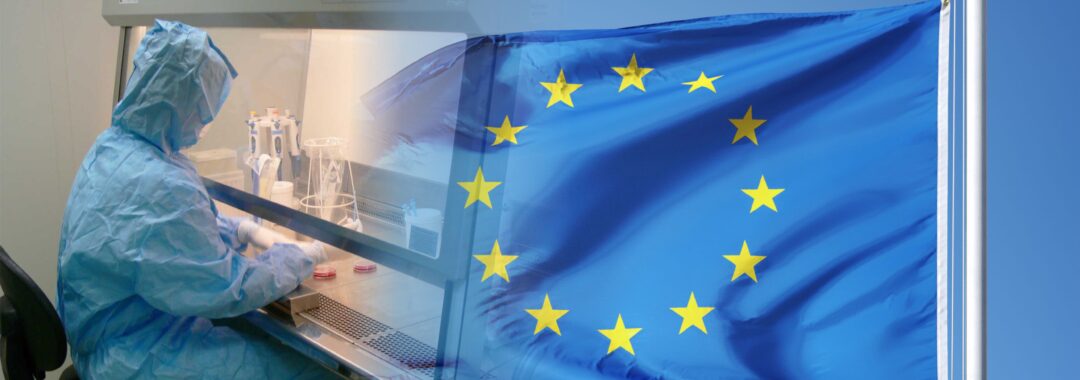A brief overview of public research institutions' participation in the Framework Programmes was published on the vedavyzkum.cz website. The article containing the analysis was prepared by the Technology Centre Prague, the national information and consultation centre for the EU Framework Programmes for Research, Development and Innovation.
EU Framework Programme (FP) projects are primarily designed to tackle challenging research or technical problems at the international level, pooling sufficient know-how and capacity to solve them. The importance of the Framework Programme projects for Czech organisations also lies in the fact that they help develop international cooperation in research and development, often enabling the establishment of valuable foreign contacts. Many organisations that have successfully participated in the FP can attest to the high visibility of their activities in the European Research Area.
This article focuses on and clearly describes the development of participation of departmental non-academic public research institutions, including the VRI. The article, among other things, reports:
"Between 1994 and September 2023, research teams from 16 departmental public research institutions successfully participated in six FPs. Four research institutions have been included in all FPs since 1994. They are the following: the Transport Research Centre, Veterinary Research Institute, Crop Research Institute, and National Radiation Protection Institute".
The position of these four institutions in terms of claimed financial support is significant, accounting for more than 2/3 (68.5%) of the total funding from the FP budget in 1994-09/2023. Of this, the claimed financial support of the VRI amounting to EUR 6.184 million represents 26.6%.
You can find additional interesting information in the article linked here.
For research organisations and industries alike, the FPs enable a comparison of professional and technological standards with leading EU research institutes and even major players in the European biotechnology industry. Currently, the VRI is involved in three ongoing EU projects:
- Biorefineries for the valorisation of macroalgal residual biomass and legume processing by-products to obtain new protein value chains for high-value food and feed applications (ALEHOOP);
- NeoGIANT: The power of grape extracts: antimicrobial and antioxidant properties to prevent the use of antibiotics in farmed animals;
- New sustainable proteins for food, feed and non-food bio-based applications (Innoprotein)
Two of them are aimed at verifying the applicability of alternative protein sources for livestock nutrition. The NeoGiant project is aimed at testing the usefulness of polyphenol mixtures as an alternative to the use of antibiotics for selected infections. With their focus, the projects contribute to fulfilling the Institute's mission in the field of sustainable livestock production.
Another crucial aspect of Czech entities' participation in the FPs is to help returning to the Czech economy the financial resources spent by the Czech state as part of the contribution to the EU budget.


